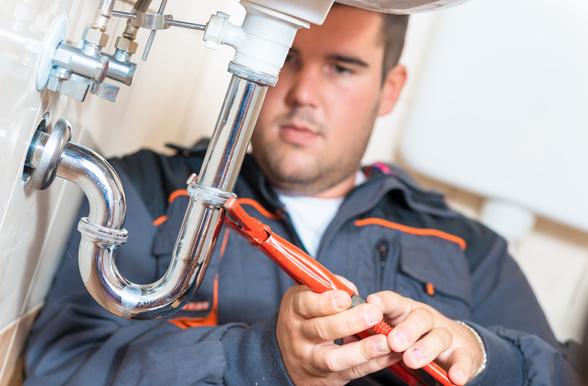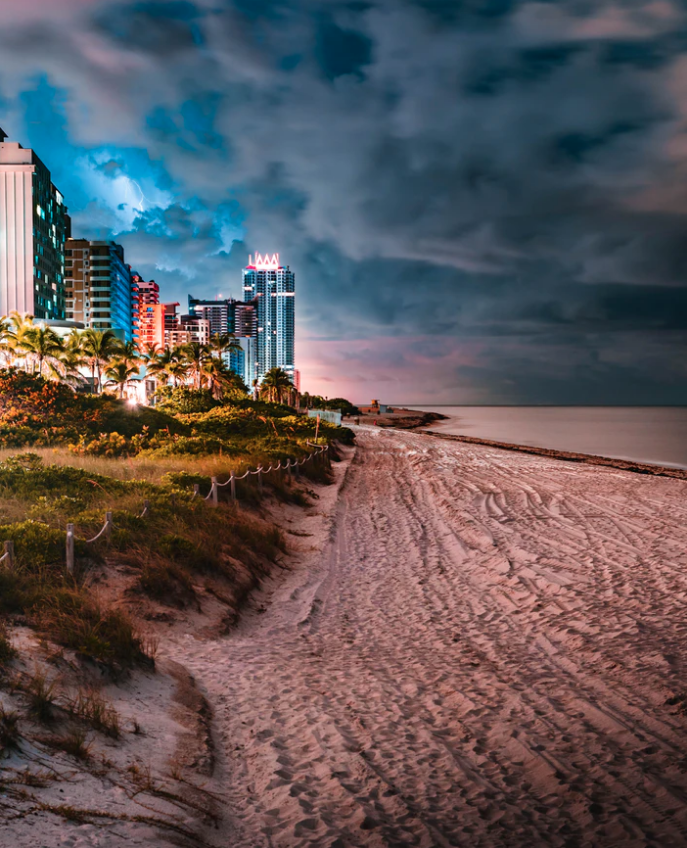The Most Common Causes of Low Water Pressure
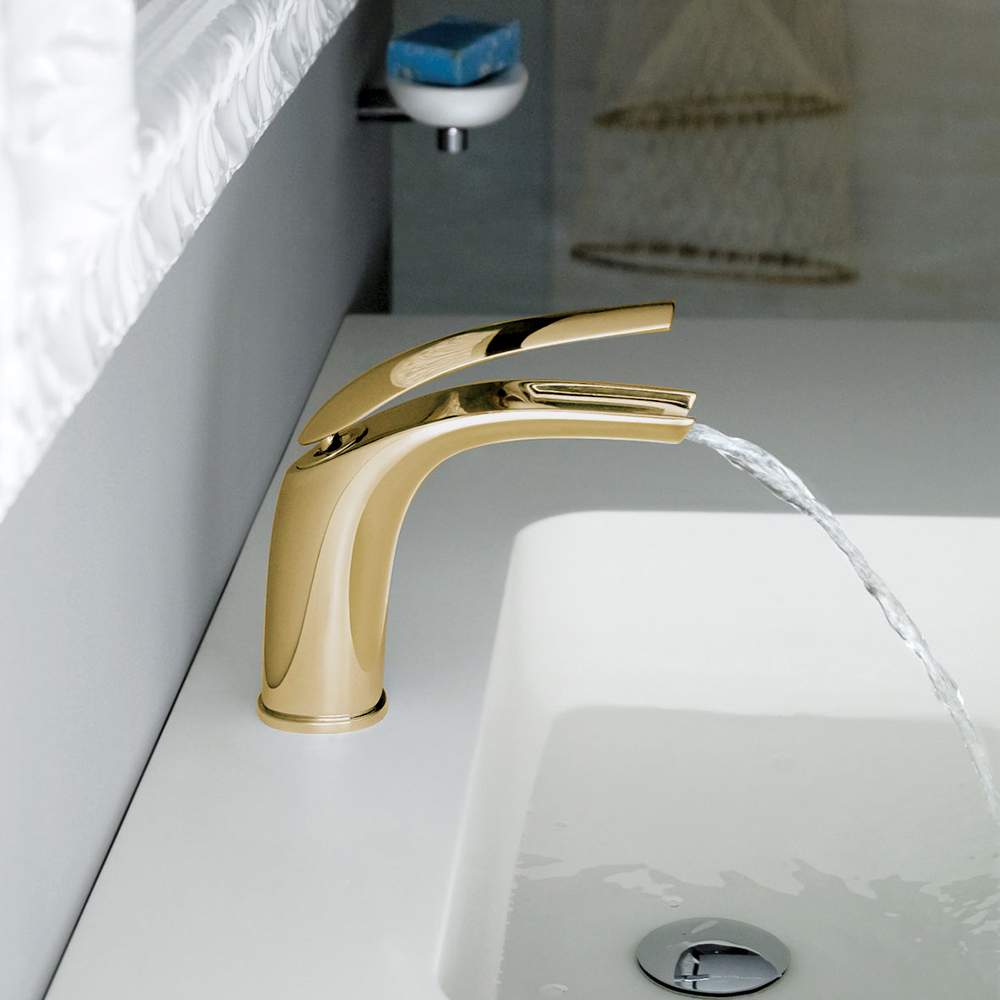
No one likes low water pressure. It is a huge hassle to deal with when you’re showering, trying to do the dishes, or fill your water pitcher!
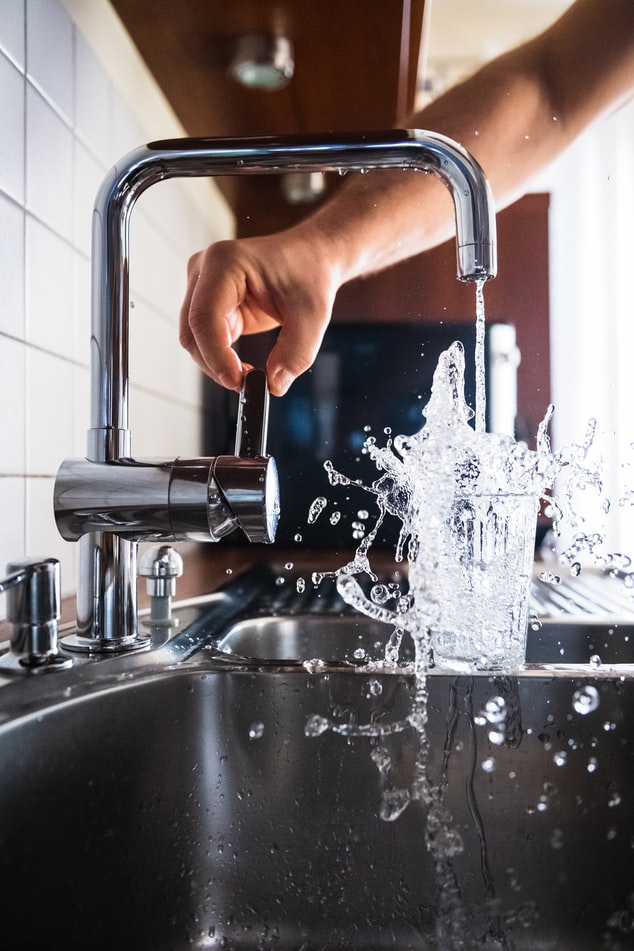
But what could be causing it and how do you fix it? Today, we’re going to help answer both of those questions.
Common Causes of Low Water Pressure
In cases where the low pressure is limited to just one or a few fixtures, it is likely caused by a clog. We’re not talking about clogs that cause slow drains — that’s a different issue entirely. These clogs happen in the faucet themselves, or in the water supply pipes. Over time, water pipes accumulate large amounts of dirt, sand, and other debris. If you have hard water, these clogs develop a lot more commonly. If these clogs aren’t removed from the faucet or the incoming pipe, it can reduce water pressure and flow.
The good news is that a little cleaning will do the trick. Our favorite way to clean shower heads or faucets is with water, dish soap, baking soda, and vinegar. Put about 2 tablespoons or baking soda, 4-5 drops of dish soap (we recommend blue Dawn), and ½ cup of vinegar in a quart-sized plastic bag. Hold the bag over your shower head (or tie it there) for about 30-60 minutes. Once the time is up, scrub away the residue with an old toothbrush and rinse with hot water.
Clogged Water Filters
When was the last time you inspected your water filters? Keep in mind that these devices trap water debris to keep your tap water clean, but over time they accumulate significant amounts of dirt and sediment that can prevent normal water flow. A simple inspection will show you whether your filters are clogged and need cleaning.
Corroded or Frozen Water Pipes
Years of corrosion inside the pipes can cause a buildup of residue that reduces water pressure. It’s a common problem with steel and galvanized plumbing. These types of pipes are popular in some households but they do corrode over time. If you live in a place with extreme winters, your pipes may be frozen! Check them out as soon as you notice a difference in water pressure and call a plumber immediately if they are.
This corrosion can cause clogs, build up, leaks, and worse. If your pipes are leaking, then that means less water is getting to the end destination. Apart from spiking your water bill, water leaks reduce water pressure and if ignored, can lead to significant damage to your property. So if you suspect a piping problem is causing your low water pressure, call a professional plumber immediately. They’ll scope out the problem and get it fixed quickly.
Damaged Shut-Off Valves
A shut off valve is a device installed inside water fixtures such as faucets, toilets, and dishwashers. When they’re working properly, they regulate the amount of water flowing out of the fixtures, which keeps the pressure at the desired level. Just like the case with steel pipes, these valves are also susceptible to rust and corrosion, which reduces water flow and can clog up your fixture entirely. When this happens, you’ll typically see brown water coming out of your faucet. To fix this, have a plumber inspect them annually for corrosion and replace them if necessary. If you had a kitchen or bathroom renovation recently, it’s possible that your new fixtures weren’t turned on or hooked up properly as well. If that’s not the case, you can always simply replace the faucet if it’s old.
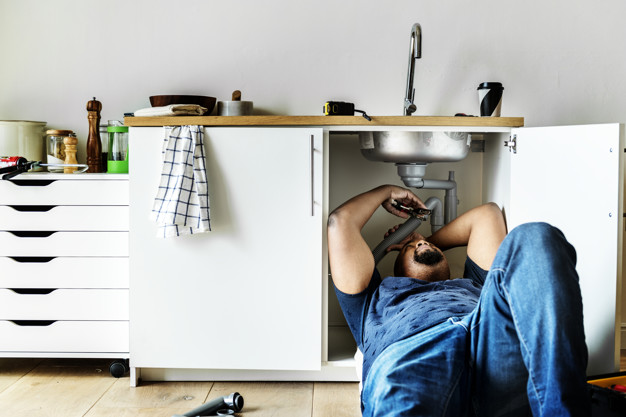
Leaky Water Heater
To find out if your water heater is damaged, turn your faucets to hot and let them run. If water pressure reduces only when you open the hot water outlet, there’s a chance that your heater has a leak. This should be inspected immediately to avoid high power bills and damage. In addition, you should listen for sounds coming out of the tank that could indicate a buildup of sediment. You may also see a puddle under your water heater! Have it flushed to remove all dirt and debris and hopefully, this will fix the problem.
Stop Cock Not Fully Open
Check that your internal stop valve is fully open as this can have a direct impact on water pressure. There may have been an instance where you closed it such as when replacing water fixtures or performing repairs and if the valve wasn’t fully opened afterward, this will affect your entire water supply.
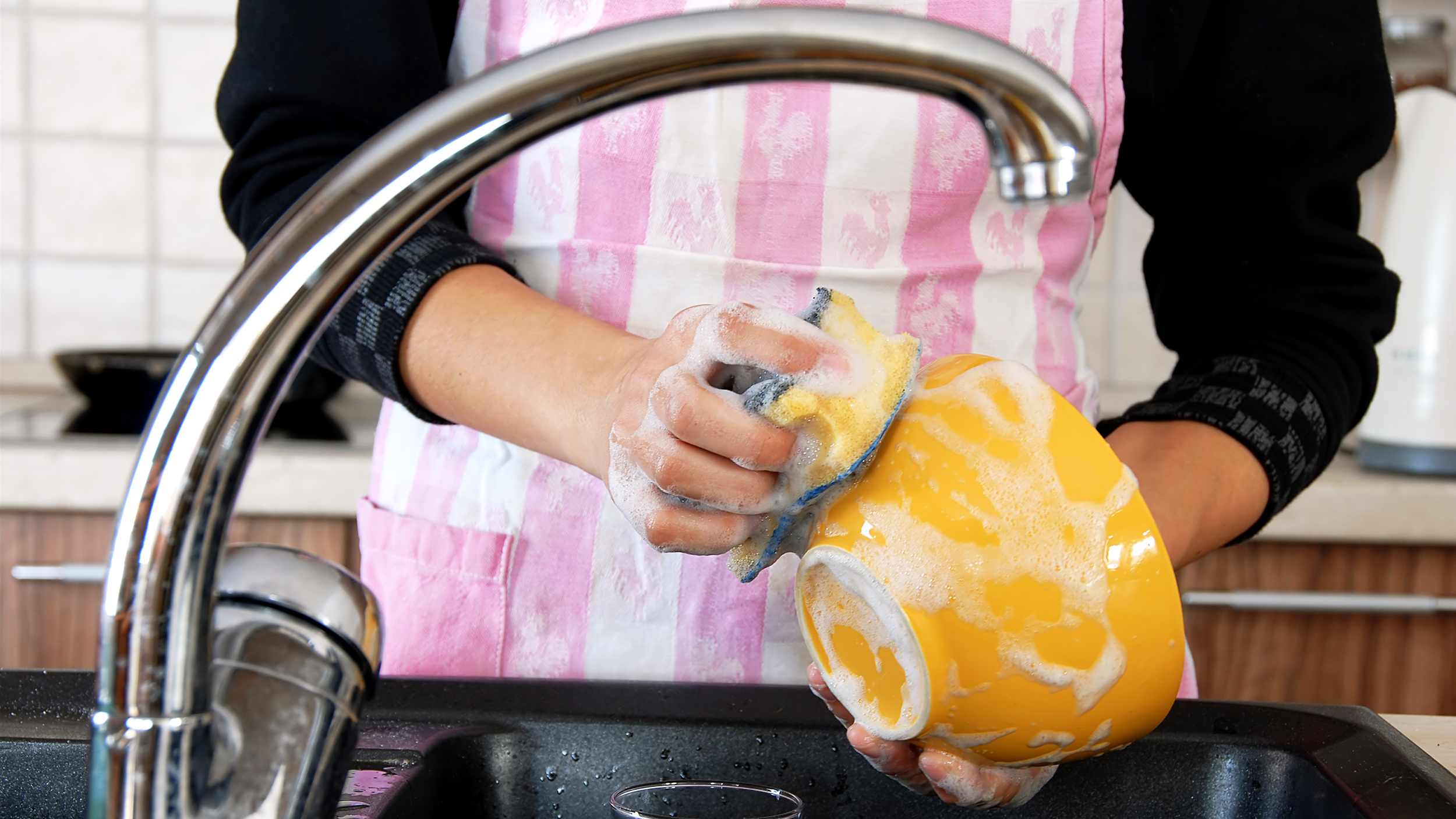
Other Common Causes of Low Water Pressure
In some instances, the local municipal water supply system may be the cause — in which case you may have to conduct a quick test to check the water pressure. If your house is receiving less than 20 liters per minute, contact the water company for an inspection. Folks who use an underground well system can also run into low pressure problems; which may be caused by a ruptured tank bladder, a broken seal, or a related issue that affects the water pumped into your home pipes.
As you may have guessed, there are many causes of low water pressure. In order to diagnose the problem you may have to conduct a number of tests to find the actual cause of the problem. In many cases, these fixes will resolve water flow and save you a bill from the plumber; however, if after inspecting your water system the problem still persists, it may be time to call in an expert.


